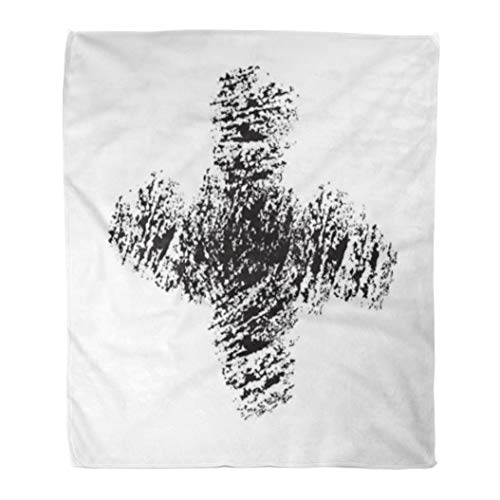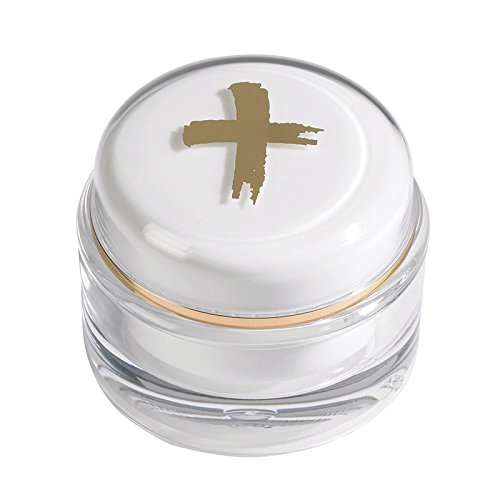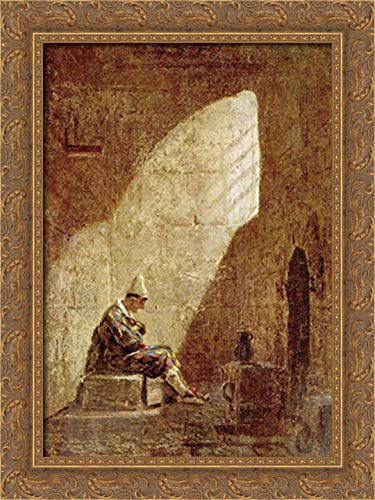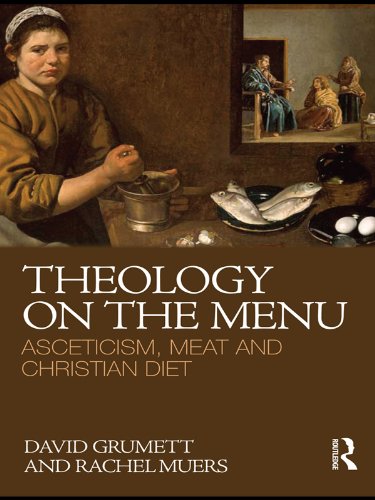Ash Wednesday marks the beginning of the penitential season Lent, which is calculated in the Christian liturgical cycle to start 40 days before the great feast of Easter
Sundays are not counted among the 40 days.
In the year 325 A.D., the Council of Nicea established the date of Easter as the Sunday following the first full moon after the vernal equinox.
Meat Abstinence
During the Middle Ages, meat was the most desired of foods. What better way to make an alimentary penance during Lent than to abstain from this pleasure?
As food historian Massimo Montari explains, "The diet required by the liturgical calendar during Lent could nonetheless be delicious. Choice fish and delicate vegetables could easily replace meat on the determined days."
Pierre Abelard, a 12th century philosopher, once asked why it should be penitent to give up ordinary meat only to have expensive fish.
"The point is that it was a substitution," Montari points out in Let The Meatballs Rest. "The consumption of fish was not dictated by a choice of taste, but rather by an obligation, a restriction, an imposed renunciation."
Consequently, he suggests, meats attained a higher social standing in the Western diet than fish or vegetables -- a bias that continues to this day -- because it was forbidden during Lent.
Ashes
To mark Ash Wednesday as the beginning of Lent, many Catholics and Protestants have the sign of the cross placed on their foreheads. Ashes are an outward expression of penitence and renewal of faith.
For some, the ashes are an outward sign of humility and reminder of Genesis 3:13 that states “By the sweat of your face you shall eat bread until you return to the ground, for out of it you were taken; you are dust, and to dust you shall return.”
On the dies cinerum (day of ashes) in the Catholic Church, faithful followers approach the altar and receive ashes upon their foreheads. These ashes are traditionally made from the burnt palm fronds that were blessed on the Palm Sunday of the previous year. The ashes are sprinkled with holy water, usually fragranced with incense and blessed.




